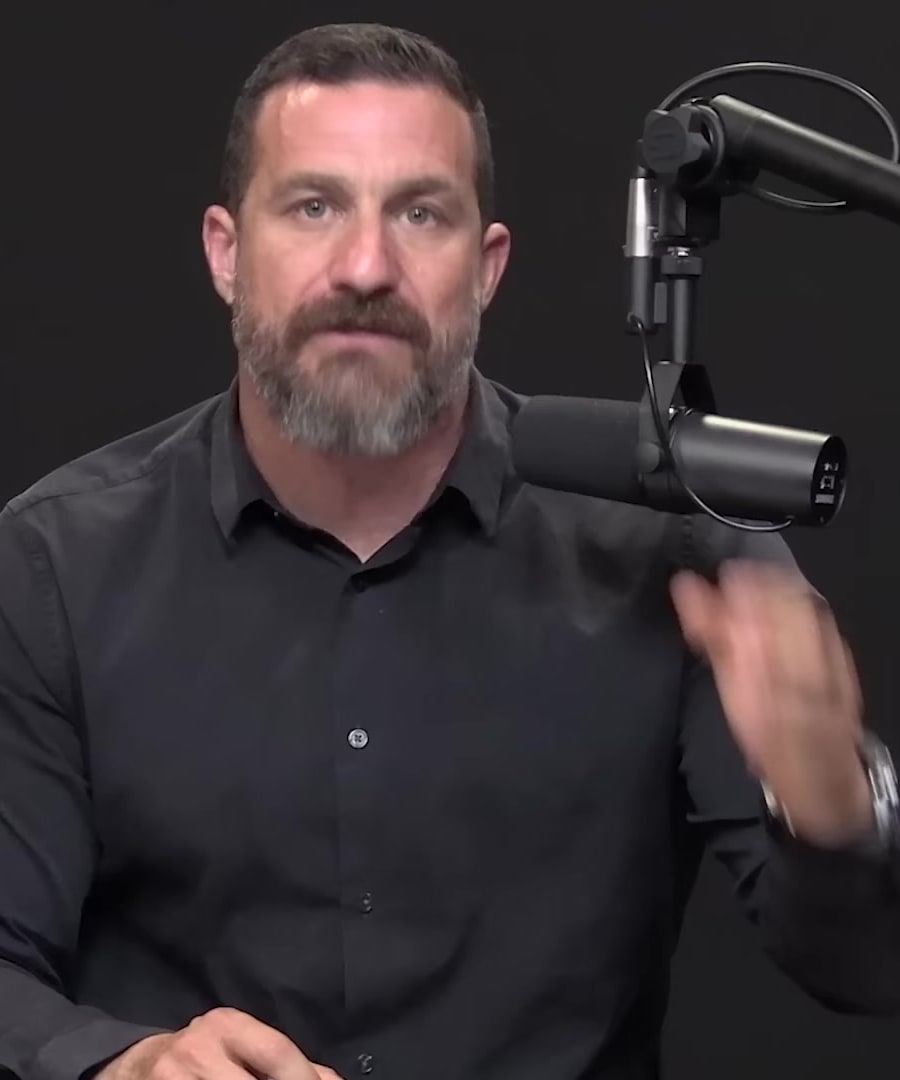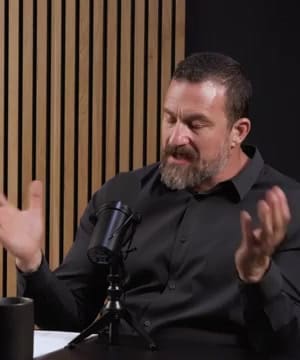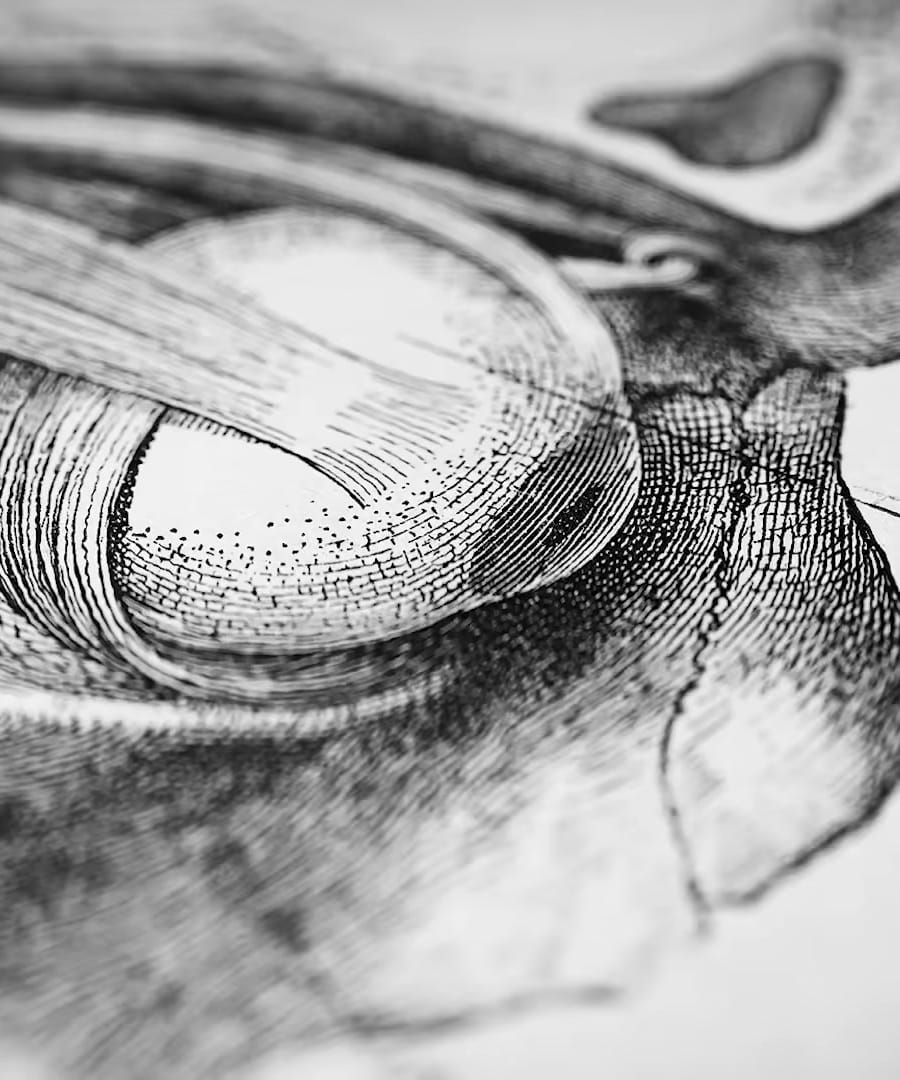No stimulant adhd
Sources:
For managing ADHD without stimulant medications, there are several insights and alternatives discussed in recent episodes of the . Here are the key points:
Non-Stimulant Alternatives
-
Guanfacine:
- Guanfacine is an alpha-2A agonist originally developed to lower blood pressure and is used as a non-stimulant treatment for ADHD.
- It primarily enhances norepinephrine signaling without directly affecting dopamine, which differs from stimulant medications like Adderall and Ritalin. This can lead to calming effects rather than stimulation, making it suitable for some individuals who do not tolerate stimulants well.
- Although guanfacine can help a small subset of individuals (5-10%), it may also cause sleepiness or have little effect on ADHD symptoms for others. Its mechanism dampens the sympathetic nervous system, which may not be desirable for all patients (1).
-
Behavioral Interventions:
- Apart from medications, behavioral strategies including structured routines, cognitive behavioral therapy (CBT), and lifestyle changes (such as exercise and dietary adjustments) can be effective in managing ADHD symptoms without drugs.
- Emphasis is placed on establishing good sleep hygiene, nutrition, and regular physical activity, which support overall brain health and can mitigate some ADHD symptoms (2).
-
Other Non-Stimulant Medications:
- Medications like Wellbutrin and Modafinil have been explored as alternatives. These affect different neurotransmitter systems and may help with attention and focus without the typical stimulant side effects associated with amphetamines (3).
Conclusion
Exploring non-stimulant options like guanfacine and integrating behavioral therapies may provide relief for those with ADHD who prefer to avoid stimulants. Consulting healthcare professionals for a tailored approach will ensure the best outcomes based on individual needs.
RELATED QUESTIONS-
No stimulant adhd
- RELATED QUESTIONS


